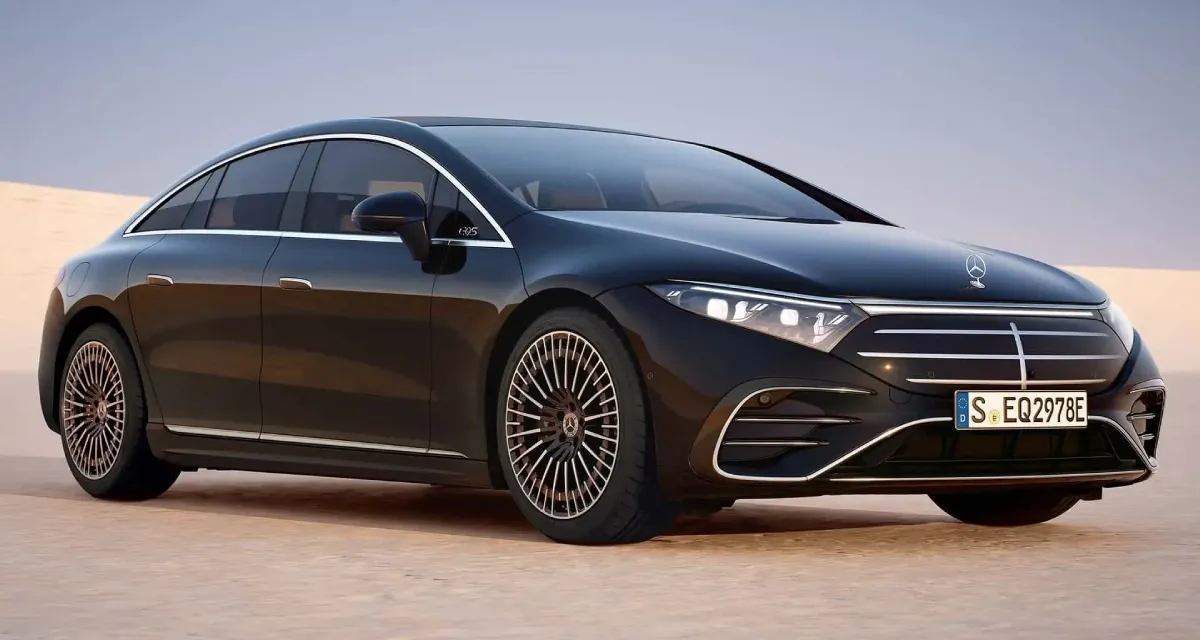

According to reports, Mercedes-Benz has stopped testing range-extending drivetrains as a possible means of increasing the usefulness and attractiveness of its electric vehicles. When the battery runs low, the technology that has been tested employs a specially modified combustion engine as a generator to charge the battery.
However, a person familiar with Mercedes' car development efforts stated that the company has chosen to concentrate on simpler and more affordable battery-electric drivetrains, despite starting an advanced engineering program.
One of the Mercedes prototypes with extended range is an EQS-based mule. It is said to have a front-mounted, 1.0-liter, two-cylinder turbocharged engine, which is roughly half of the 2.0-liter, four-cylinder, turbocharged "M254" engine utilized across its lineup. This engine is meant to function only as a generator and not provide direct drive to the wheels. Miller-cycle thermodynamic prototypes are used to modify the small gasoline engine to increase constant-rev efficiency. It also has an exhaust system positioned on the front, which eliminates the need for long pipes to the back.
Also Read: Check Out the Latest 2025 Mercedes Benz eSprinter
The prototype is powered by a 268-horsepower electric motor situated at the back that works with a lithium-ion battery that is placed on the floor. The battery is charged using conventional AC and DC plug-in methods. Its capacity is estimated to be around half that of the production EQS. When plug-in charging isn't feasible or available, the two-cylinder engine produces backup electricity.
Additionally, the Mercedes prototype's gasoline engine and undetermined fuel tank give it a theoretical range that is higher than the 487 miles of the rear-driven EQS 450+.
Range-extending electric vehicles have gained attention due to their growing popularity in China. Many automakers in second and third-tier cities have started to offer range-extender choices in addition to pure-electric drivetrains in specific models, realizing that these cities lack EV charging infrastructure.
Li Auto is one of the companies in the world's leading EV industry that offers models with extended ranges. The Beijing-based company was established in 2015 and sold 376,030 vehicles by 2023. All of the vehicles included a range-extender drivetrain, which reduces range anxiety and offers an alternative to plug-in charging in areas without a suitable charging infrastructure.
Also Read: 1. JEEP Wrangler Facelift to debut on 22 April: Details Revealed Ahead of Launch 2. Toyota Innova Hycross’ non-hybrid version is finally Launched 3. Tesla witnesses fall in Deliveries: Fire 10% Workforce which is 14,000 Employees.